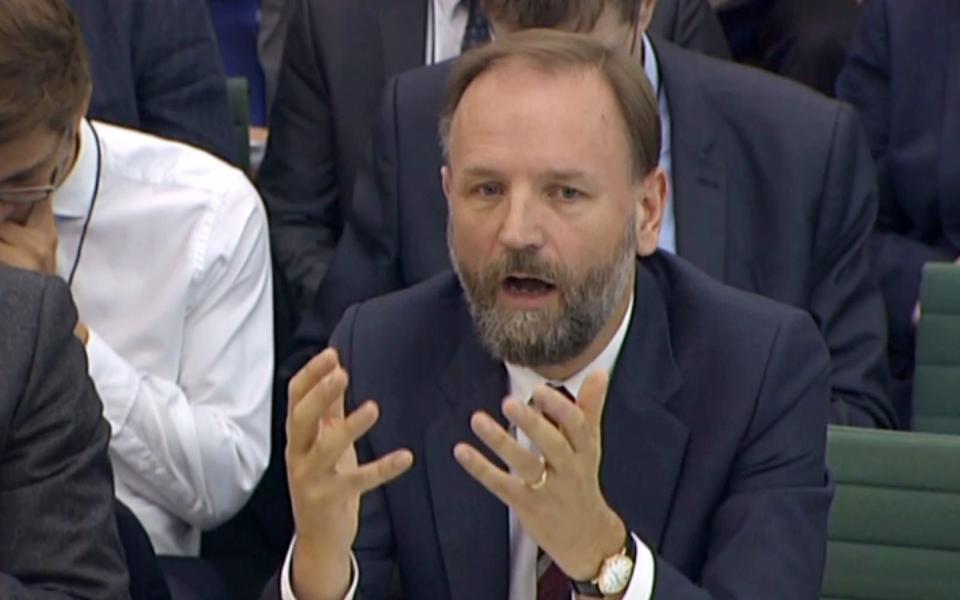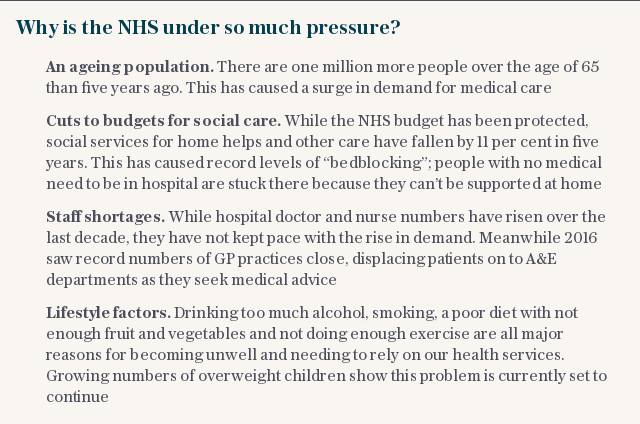NHS to ban homeopathy and herbal medicine, as 'misuse of resources'

The NHS has announced a ban on homeopathy and herbal medicine as they say it is "misuse of scarce funds".
Officials today ruled that the treatments are among dozens of medicines which should not be funded by the health service.
In the last five years, the NHS has spent almost £600,000 on homeopathic treatment, despite long running debate about whether alternative remedies work.
Today NHS England ruled that “at best homeopathy is a placebo and a misue of scarce NHS funds which could be better devoted to treatments that work.”
Health officials said cash-strapped clinical commissioning groups should no longer fund such medicines, along with 16 other classes of treatment classed as “low value” because they are ineffective or could easily be bought over the counter.
NHS England said the changes aimed to save at least £250m a year.
Patients will be told to pay for their own treatment for dozens of common ailments, including indigestion, sore throats and athlete’s foot.
Health officials said the NHS is spending around £545m a year on treatments which are available over the counter, though they do not expect to recoup all the funding.
And NHS bodies will be told not to pay for a number of specific treatments, such as omega 3 supplements, lidocaine plasters and fentanyl painkillers.

Health officials said products on the list were “relatively ineffective, unnecessary, inappropriate or unsafe for prescription on the NHS”.
The Department of Health is also consulting on cutting back spending on gluten-free products.
Patients’ groups expressed some concern.

Don Redding, Director of Policy at National Voices, said: “Whilst some treatments are available to purchase over-the-counter, that does not mean that everyone can afford them.
“There will be distinct categories of people who rely on NHS funding for prescriptions of remedies that are otherwise available over-the-counter.
“Stopping such prescriptions would break with the principle of an NHS ‘free at the point of use’ and would create a system where access to treatments is based on a person’s ability to pay.

 Yahoo News
Yahoo News 